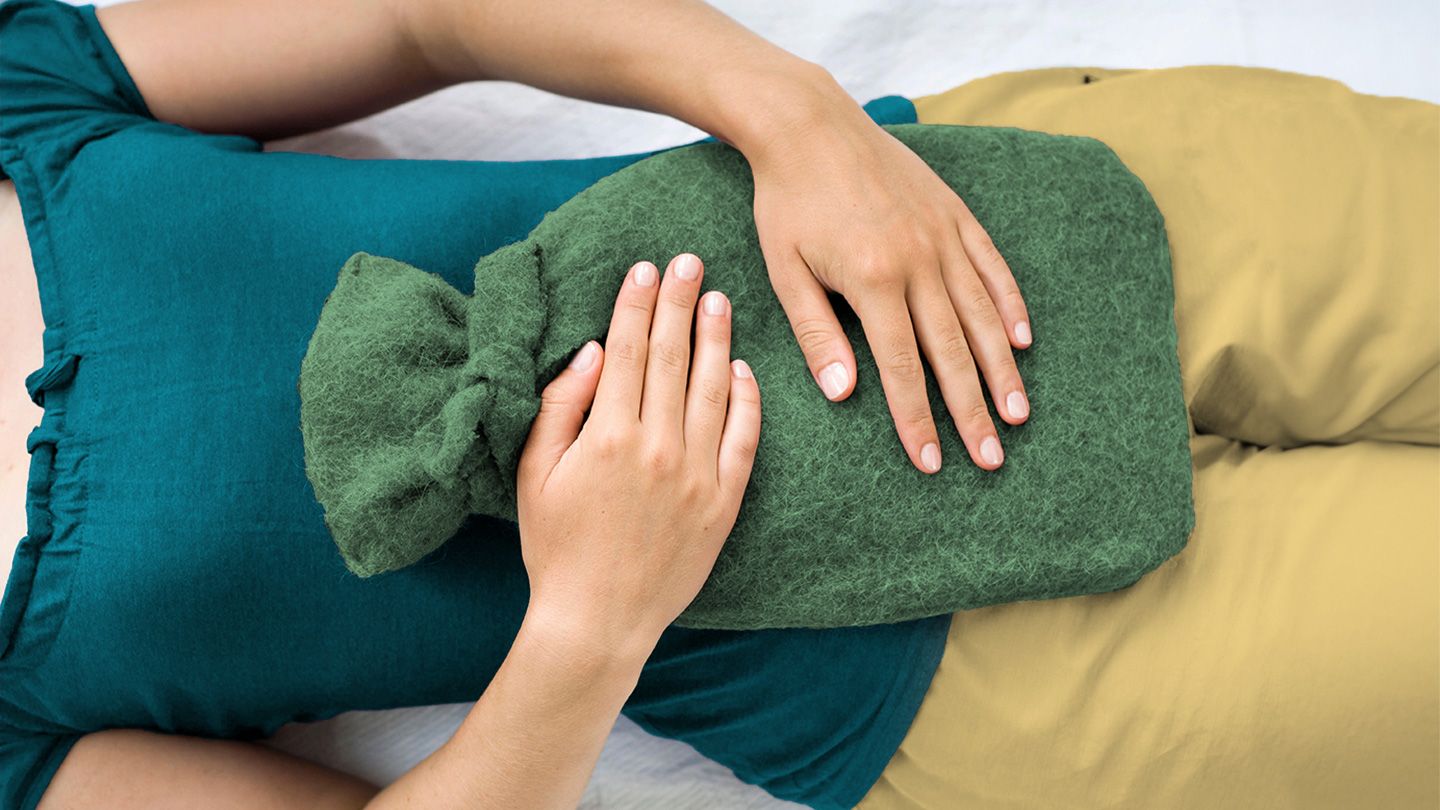How to deal with extreme menstrual pain

Dealing with extreme menstrual pain, also known as dysmenorrhea, can be challenging, but there are several strategies and home remedies that may help. However, it is important to note that severe pain during menstruation may sometimes indicate an underlying medical condition, and if you are experiencing persistent or worsening symptoms, it’s crucial to seek medical advice. Here are some ways to cope with extreme menstrual pain:
- Over-the-counter pain relievers: Non-prescription medications can help alleviate menstrual cramps and reduce inflammation. It’s important to follow the recommended dosage and not exceed the stated limits.
- Heat therapy: Applying heat to the lower abdomen can help relax the muscles and relieve pain. You can use a hot water bottle, heating pad, or take a warm bath.
- Exercise: Regular physical activity can help reduce menstrual pain. Engaging in light exercises, such as walking or swimming, may be beneficial.
- Relaxation techniques: Practices like deep breathing, meditation, or yoga may help reduce stress and ease menstrual cramps.
- Dietary changes: Some women find relief by making dietary adjustments, such as reducing caffeine, alcohol, and salt intake. Eating a well-balanced diet with sufficient vitamins and minerals may also be beneficial.
- Hydration: Staying well-hydrated is important, as dehydration can exacerbate menstrual cramps.
- Prescription medications: If over-the-counter medications are not providing relief, your doctor may prescribe stronger pain relievers or other medications to help manage symptoms.
When to seek medical attention:
If the menstrual pain is severe and disrupting your daily life, or if you experience any of the following symptoms, it’s important to consult a healthcare professional:
- Heavy bleeding: If you are soaking through one sanitary pad or tampon every hour or two, or if your periods last longer than a week, seek medical attention.
- Fever or nausea: If you experience fever, nausea, vomiting, or other symptoms that are not typical for your menstrual cycle, consult a healthcare provider.
- New or worsening symptoms: If you are experiencing new or worsening symptoms that are not typical for your menstrual cycle, such as intense pelvic pain, it’s important to see a healthcare professional.
- Lack of relief from over-the-counter medications: If over-the-counter pain relievers are not providing relief, consult with a healthcare provider for further evaluation and management.
Remember that every individual is different, and what works for one person may not work for another. It’s essential to listen to your body and seek medical advice if you are unsure or if your symptoms are severe.


















